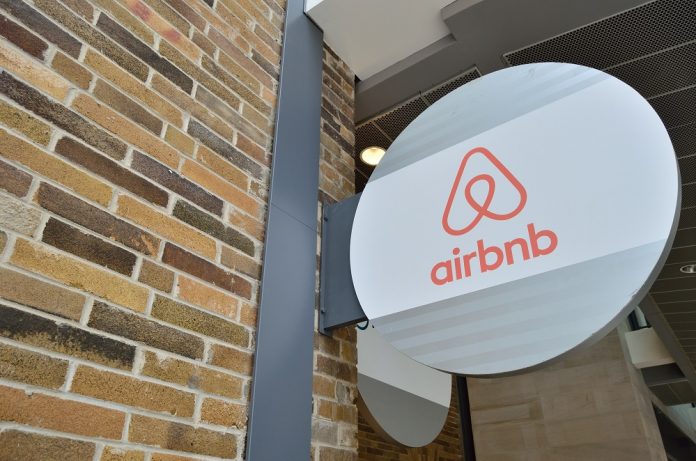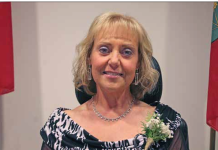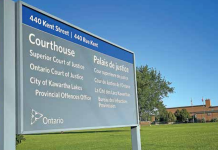The County is looking to adopt a phased approach to regulating short-term rentals (STRs), beginning with registration.
During a special council meeting, Aug. 10, consultants J.L. Richards & Associates recommended the option, saying, “this will provide a snapshot of the current STR situation in the County and the municipal capacity enhancement required to implement the STR bylaw.”
They added that between the time the registration period ends and licensing comes into effect, the County and its partner municipalities will have time to review capacities and update any other applicable municipal bylaws.
“The recommendations provided by JLR provides a balance between supporting tourism by permitting STRs, ensuring public safety and providing long-term rental opportunities,” they said. The consultants expanded their initial dive into the issue by looking into what Bracebridge, Trent Lakes, Lambton Shores and Fort Erie are doing.
They also talked to Airbnb, the Haliburton Kawartha Lakes Housing Corporation, Environment Haliburton! and representatives of the local cottage rental and maintenance industry, as well as the economic development and tourism industry.
About 1,500 people also responded to a survey. Gursimran Saini said service levels in other areas range from simple education and awareness, to registration and licensing. “I like a combination, start with registration and go for licensing,” said Coun. Carol Moffatt.
Warden Liz Danielsen asked if it should be a phased-in approach. Coun. Andrea Roberts said she favoured that, with registration first.
Saini said failure to register could lead to fines or demerit points, or not being able to operate STRs anymore, based on what the County decides. Coun. Brent Devolin said Lake of Bays “has done a wonderful job. I’m ready to copy and paste what they have and tweak it so it’s relevant to our area …”
Lake of Bays regulates STRs through a bylaw, and they’re permitted in various zones identified in the zoning bylaw. The township issues three classes of STR license, based on the number of STRs operated by the same owner, total number of nights rented per year, minimum number of consecutive nights of stay, and maximum number of occupants per STR.
Licensing fees there range from $250 to $750, with renewal fees from $125 to $500. Occupancy allows for two people per sleeping area and one parking space per guest room.
Saini said Lambton Shores began registration this year via an online portal. Licensing will begin next year.
During the discussion, council quickly realized they will have to define what a short-term rental actually is in any future framework. Coun. Pat Kennedy queried a tiered system, saying there’s a big difference between renting out your place to raise money to replace the roof or a dock, versus rentals operating like a business.
Consultant Jason Ferrigan said the consultants are aware council wants a distinction between commercial and non-commercial STRs.
Council also recommended allowing two people per bedroom, making sure there is enough septic capacity.
They also leaned towards one parking space per bedroom as a guideline with some flexibility as well as a parking management plan. With accessory and dwelling units, such as people renting out bunkies and garage lofts, council felt they needed more time to investigate.
When it comes to enforcement, council would like STRs to designate someone be on call 24/7 for issues. Further, Kennedy said, “a combination of demerit points and hitting the pocket book is not a bad idea.” He said the money could be recovered from the renter, not the owner.
Coun. Cec Ryall said they have to bolster municipal bylaws to respond at the time of infraction or just after, and budget accordingly. “I think this needs to be a full court press,” Moffatt agreed. Council deferred a decision for now on a municipal accommodation tax and said “no” to STRs having to be zoned.
It said they’d license all STRs and not grandfather any. They opted that appeals would be heard by an independent, arms-length body, with council having the final say.
They also hammered out some application requirements. They intend to get the word out once they have a final bylaw via their website.
Ferrigan said next steps are ongoing consultation with lower tier municipalities and a recommendation report in September. Councillors said time is of the essence. “People shouldn’t be considering selling their properties because we aren’t doing anything,” Moffatt said.





